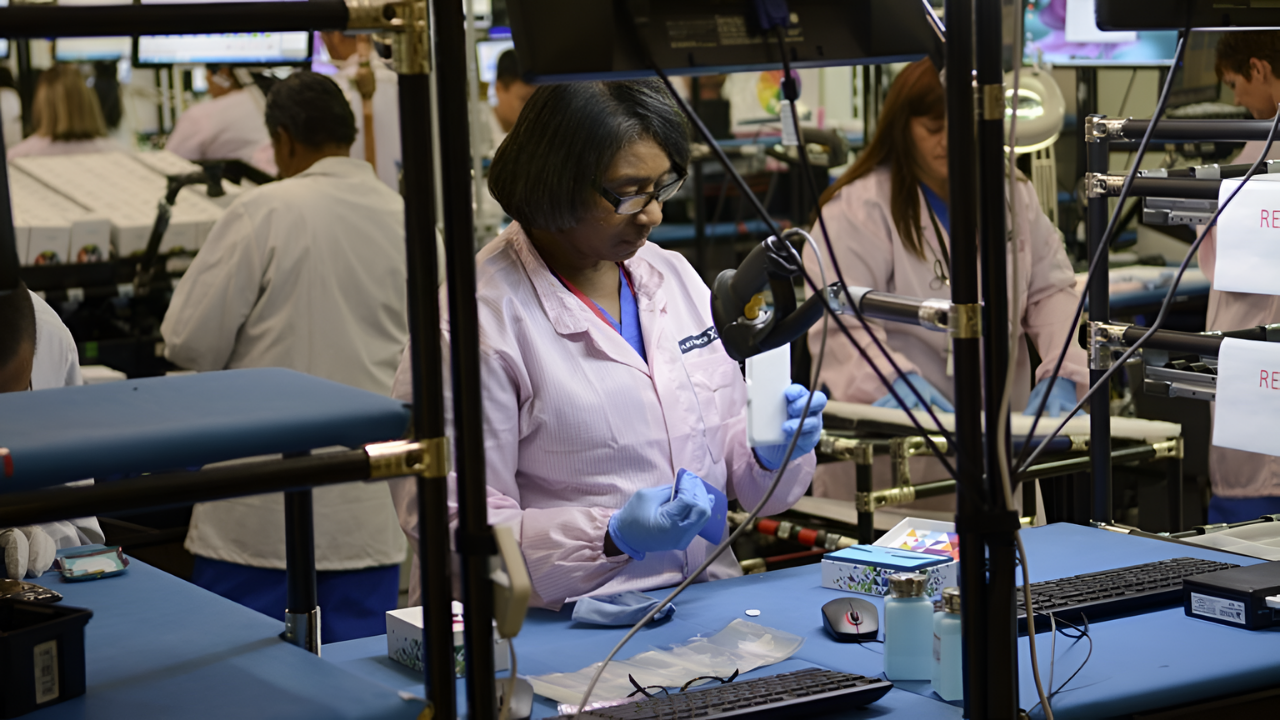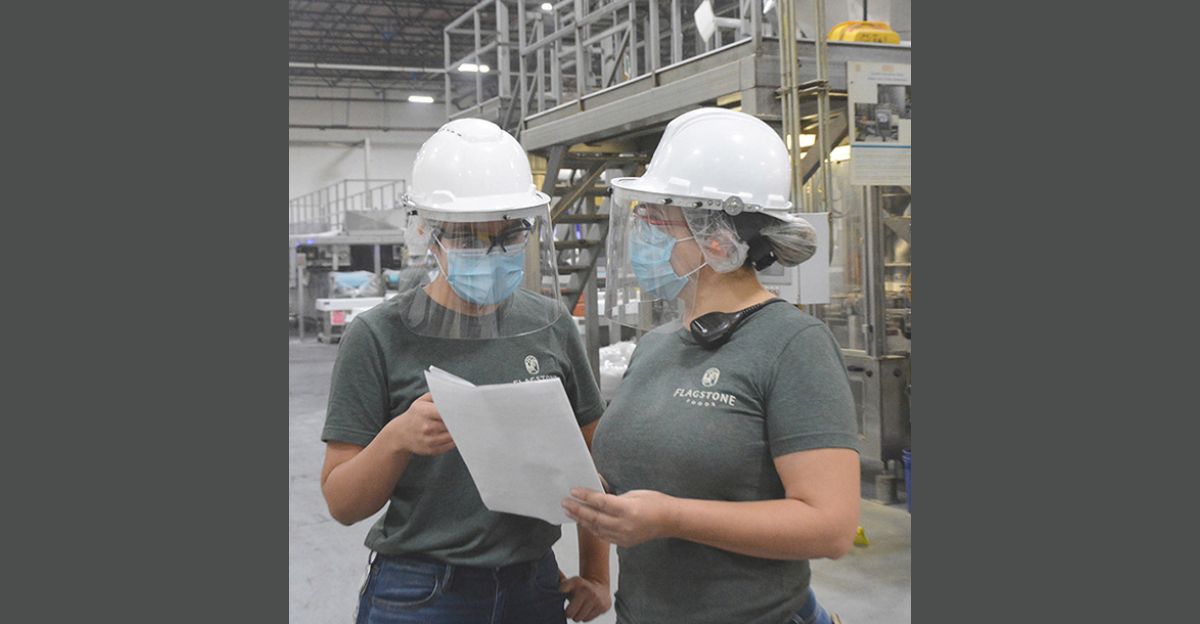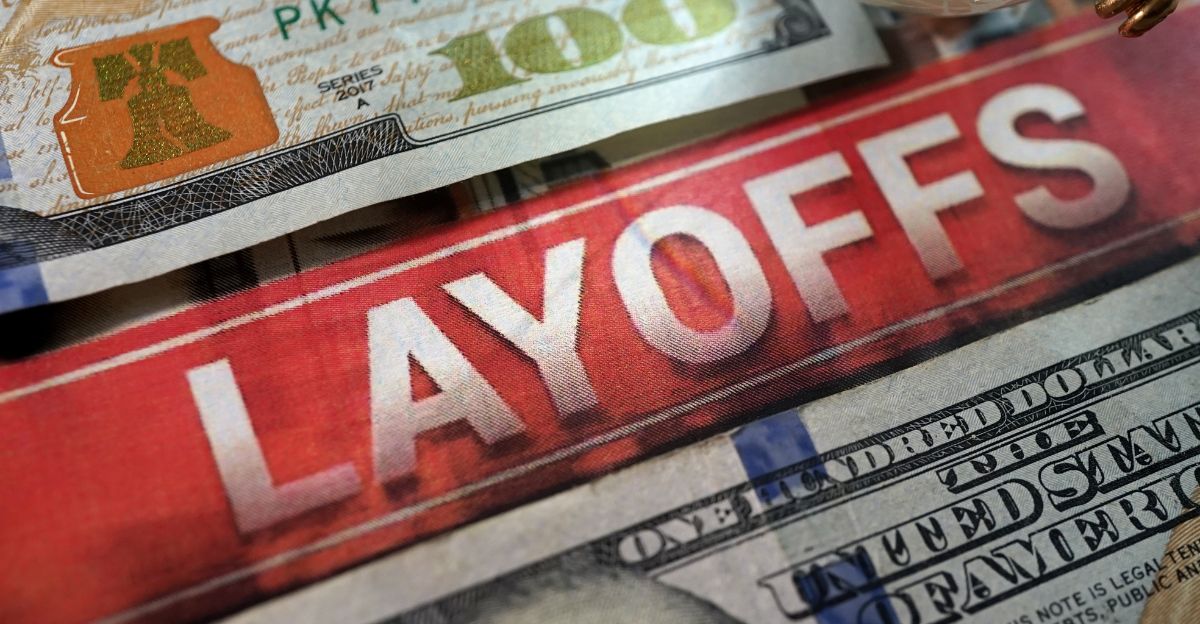
Texas manufacturing, once a pillar of economic strength, is facing its most severe downturn in years, with nearly 1,300 workers laid off between late October and early November 2025. The wave of job losses, driven by plant closures, corporate relocations, and federal contract non-renewals, has pushed the state’s unemployment rate above the national average for the first time in recent memory—rising to 4.7% in August 2025. This shift marks a stark reversal for a state long celebrated as a “business-friendly” destination, now grappling with the consequences of a fractured economy and a changing industrial landscape.
The End of an Era

For decades, Texas’s manufacturing sector thrived, fueled by low taxes, business incentives, and a steady influx of investment. The state’s growth outpaced most of the nation, making it a magnet for factories and skilled labor. But in 2025, that momentum stalled. Federal Reserve data shows Texas will lose about 15,600 manufacturing jobs this year, the steepest decline since the pandemic. The downturn is not isolated to manufacturing; banking, IT, oil and gas, and professional services have also seen significant layoffs, with the banking sector alone shedding 355 jobs in recent months. While sectors like hospitality, construction, and health care continue to grow, the shift away from stable, well-paying manufacturing jobs threatens the state’s long-term economic foundation.
Ripple Effects on Communities

The impact of these layoffs extends far beyond the factory floor. With an average manufacturing or banking salary of $50,000, the loss of 1,300 jobs translates to $65 million in annual wages, affecting more than 3,900 Texans, including family members. Local economies lose roughly $3.9 million in purchasing power each month, putting pressure on small businesses and services that rely on these wage cycles. Cities like El Paso and San Antonio, already vulnerable, face heightened risks as major employers such as Flagstone Foods and Pure Hothouse Foods close plants or reduce staffing. The timing—just before the holiday season—amplifies the hardship, as families confront financial uncertainty during a period of heightened spending.
The Human and Social Toll

Beyond the numbers, the layoffs have taken a heavy psychological toll. The sudden loss of income has led to increased stress, anxiety, and depression among affected workers and their families, particularly during the holidays when financial stability is most valued. In impacted metro areas, the strain on social services is growing, with more residents seeking assistance and local resources stretched thin. The erosion of confidence in both government and corporate stability further undermines community morale, discouraging investment and consumer spending.
Corporate Strategy and Policy Paradox

Corporate decisions to cut jobs are often framed as necessary responses to market volatility, rising costs, and fluctuating demand. Wells Fargo’s announcement of 225 layoffs in Lubbock, for example, was accompanied by a statement emphasizing “thoughtful” corporate rationalization. Yet, these moves frequently overlook the human cost, prioritizing short-term financial gains over long-term community well-being. The broader policy paradox is clear: Texas’s low-tax, low-regulation environment, once seen as a safeguard for jobs, now appears to encourage businesses to relocate to regions with even lower labor costs. At the same time, the state’s strained infrastructure, rising urban expenses, and tight labor market complicate the “business-friendly” narrative, demanding more nuanced policy solutions.
Looking Ahead
The manufacturing exodus is not just a Texas problem—it reflects broader global trends, including automation, supply chain reconfiguration, and offshoring. Without targeted retraining initiatives, incentives for high-tech manufacturing, and a reevaluation of infrastructure and tax laws, Texas risks long-term industrial hollowing. Economists warn that if layoffs continue into 2026, the state could face a deeper economic downturn, with unemployment claims potentially reaching 800,000. The path forward requires a strategic shift from reactive measures to proactive planning, balancing workforce security with economic competitiveness. Texas stands at a crossroads, where the choices made today will shape its resilience and prosperity in the years to come.